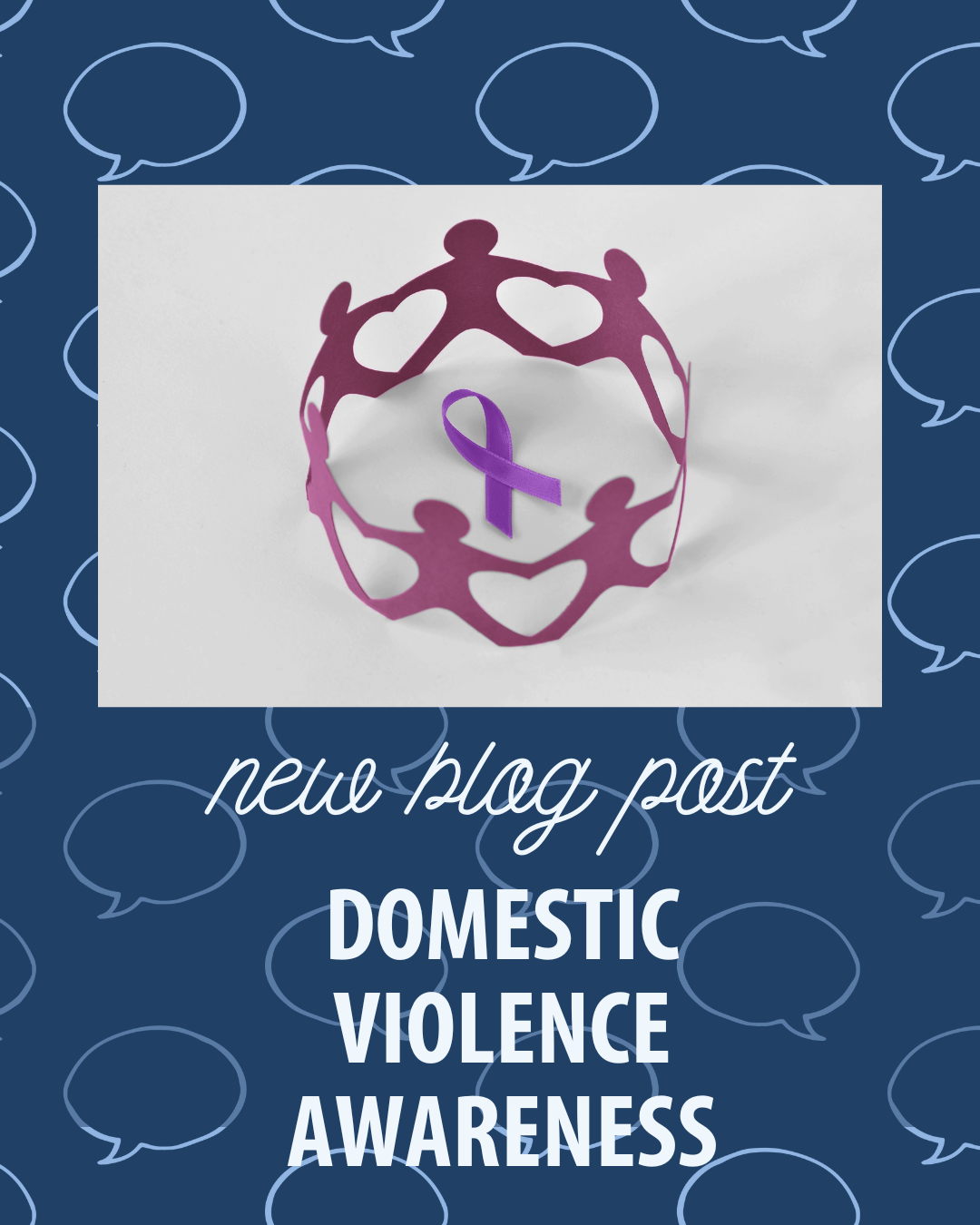Firearms and Power: How Guns are Used as Tools of Control in Abusive Relationships
October marks Domestic Violence Awareness Month (DVAM), a time to honor survivors, raise awareness, and strengthen our commitment to prevention and support.
Domestic violence (DV) and intimate partner violence (IPV) are far more common than many people realize. Every year, 10 million people in the U.S. are affected. That’s 24 people every single minute. These aren’t just numbers—they represent mothers, fathers, daughters, sons, neighbors, and friends whose lives are shaped by fear, control, and violence.
When Guns Enter the Picture
Abuse can take many forms—emotional, financial, sexual, and physical. But one factor makes an already dangerous situation even more deadly: the presence of a firearm. In abusive households, a gun is not just an object. It can become a tool of intimidation, manipulation, and control. Even if it’s never fired, the constant presence of a gun can hold someone hostage in their own home. Survivors have reported:
A gun being pulled out during arguments to instill fear.
Threats of use if they ever try to leave.
Firearms left out in plain sight as a reminder of who holds the power.
Research consistently shows that when a gun is present, the risk of homicide in an abusive relationship skyrockets. Firearms are used in 20% of all homicides, and when women are killed, more than half are killed by a current or former partner.
The Threats You Don’t See Coming
A recent study (2025) found that it’s not only the explicit threats (“I’ll shoot you if you leave”) that matter. Implicit threats—like cleaning a gun during an argument, leaving it on the kitchen table, or making comments that suggest “I could use this”—are just as powerful.
These subtle but chilling tactics create a constant state of hypervigilance: walking on eggshells, waiting for the next explosion, the next subtle reminder of danger. The gun doesn’t have to go off for it to change everything about how someone lives.
The Lasting Psychological Impact
Domestic violence doesn’t only increase the risk of homicide—it also takes a deep toll on mental health. A global review of research (2012–2024) found strong links between abuse and self- harming thoughts or suicidal ideation. And when a firearm is present, the risk of suicide becoming lethal increases dramatically (read more in September’s blog).
This is a reminder that the damage isn’t just immediate. Survivors may carry anxiety, depression, and trauma for years, long after they are physically safe.
What Needs to Change
We can’t afford to treat domestic violence as a “private matter.” It’s a public health crisis, and research shows where action is needed:
Policy: Firearm restrictions for abusive partners must be enforced—and laws need to account for both explicit and implicit threats.
Practice: Advocates and providers should individualize safety planning and integrate trauma-informed, suicide-prevention care.
Support: Survivors need accessible, holistic services that address not only physical safety but also emotional healing and recovery.
Final Word
Domestic violence is not only about bruises or broken bones. It’s about control, fear, and survival—and when firearms are involved, the stakes rise even higher. By understanding the hidden ways guns are used as tools of power and by supporting survivors beyond just immediate safety, we can help break the cycle of abuse and move toward communities rooted in respect and healing.
If you or someone you know needs help call the Virginia Family Violence & Sexual Assault Hotline, 1-800-838-8238 or the LGBTQ Partner Abuse and Sexual Assault Helpline, 1-800-356-6998.
If you are not able to call, text 804.793.9999. If you are in immediate danger, please call 911.
Virginia State Hotlines & Services
Virginia Family Violence & Sexual Assault Hotline Call: 1-800-838-8238 (V/TTY) Text: 804-793-9999 This is a 24/7 confidential hotline that connects callers with local crisis centers, shelters, and advocates. Virginia Department of Health Domestic and Intimate Partner Violence Prevention
LGBTQ Partner Abuse & Sexual Assault Helpline (Virginia) Call: 1-800-356-6998 Virginia Department of Health
Virginia Department of Social Services — Domestic Violence Program provides oversight and support for local DV agencies in Virginia, including funding, technical assistance, and public awareness. Virginia Department of Social Services
Virginia Attorney General’s Office — Domestic Violence Resources provides a directory of local crisis programs and information for survivors. Virginia Attorney General’s Office
Virginia Victims Fund / Info-Line Call: 1-888-887-3418 Connects you to crime victim services and referrals across Virginia.
County Resources
o Loudon County – LAWS (Domestic Violence & Sexual Assault Services)
Hotline: 703-777-6552 (24/7) Loudoun County
o Fairfax County –
Hotline: 703-360-7273 (24/7) Fairfax County
o Prince William County/Northern VA – ACTS Domestic Violence Services
Hotline: 703-221-4951 Prince William County Government
o City of Alexandria –
Hotline: 703-746-4911 (24/7) AlexandriaVA.Gov
o Henrico County –
804-501-5731 Henrico County
o Hampton – Transitions Family Violence Services
757-723-7774
o Richmond City – Safe Harbor
804-500-2755 (24/7) Home - Safe Harbor
o Roanoke/Southwest VA – Turning Point, TAP(Sabrina’s Place)
Turning Point: 540-345-0400
TAP: 540-580-0775 (24/7)
References
Das, A., Suresh, S., Desai, G., & Satyanarayana, V. A. (2025). Domestic violence and self-injurious thoughts and behaviors among adults: A global systematic review. Crisis: The Journal of Crisis Intervention and Suicide Prevention. Advance online publication.
Sullivan, T. P., Clayton, A., Schick, M. R., Maxwell, C. D., Mastalli-Lowther, G., O&;Neil-Wild, G., &; Scanlon, M. D. (2025). The nature of explicit and implicit firearm threat by intimate partners across the life course among women experiencing intimate partner violence. Psychology of Violence, 15(5), 611–622.
Domestic Violence Statistics in the U.S 2025 | Facts About Domestic Violence – The Global Statistics

